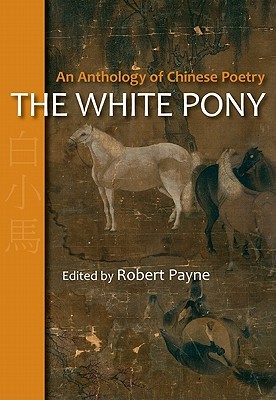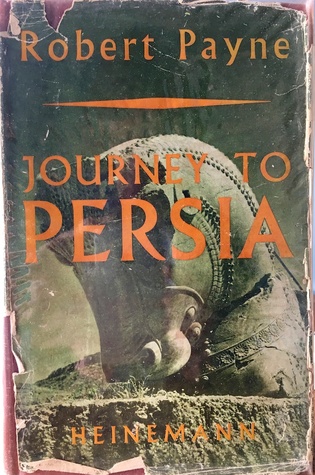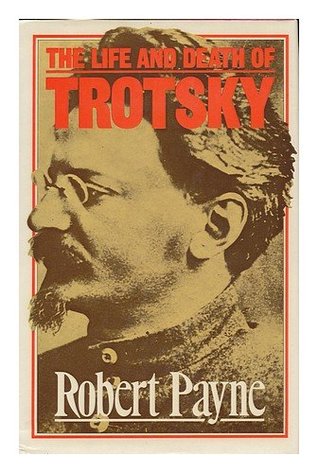Robert Payne

Pierre Stephen Robert Payne was born December 4, 1911, in Saltash, County of Cornwall, England, the son of Stephen Payne, a naval architect, and Mireille Louise Antonia (Dorey) Payne, a native of France. Payne was the eldest of three brothers. His middle brother was Alan (Marcel Alan), and his youngest brother was Tony, who died at the age of seven.
Payne went to St. Paul's School, London. He attended the Diocesan College, Rondebosch, South Africa, 1929-30; the University of Capetown, 1928-1930; Liverpool University, 1933-35; the University of Munich, summer, 1937, and the Sorbonne, in Paris, 1938.
Payne first followed his father into shipbuilding, working as a shipwright's apprentice at Cammell, Laird's Shipbuilding Company, Birkendhead, 1931-33. He also worked for the Inland Revenue as an Assistant Inspector of Taxes in Guilford in 1936. In 1937-38 he traveled in Europe and, while in Munich, met Adolf Hitler through Rudolf Hess, an incident which Payne vividly describes in his book Eyewitness. In 1938 Payne covered the Civil War in Spain for the London News Chronicle, an experience that resulted in two books, A Young Man Looks at Europe and The Song of the Peasant.
From 1939 to 1941 Payne worked as a shipwright at the Singapore Naval Base and in 1941 he became an armament officer and chief camouflage officer for British Army Intelligence there. In December, 1941, he was sent to Chungking, China, to serve as Cultural Attaché at the British Embassy.
In January, 1942, he covered the battle of Changsha for the London Times, and from 1942 to 1943 he taught English literature at Fuhtan University, near Chungking. Then, persuaded by Joseph Needham, he went to Kunming and taught poetry and naval architecture at Lienta University from 1943 to 1946. The universities of Peking, Tsinghua, and Nankai had converged in Kunming to form the University at Lienta. It was there that Payne, together with Chinese scholars and poets, compiled and co-translated The White Pony.
In China Payne met General George C. Marshall, Chiang Kai-shek, and Mao Tse-tung, who was elusive and living in the caves of Yenan, all of whom later became subjects for his biographies. From his time in China also came the autobiographical volumes Forever China and China Awake, and the historical novels Love and Peace and The Lovers.
From China, Payne briefly visited India in the summer, 1946, which resulted in a love for Indian art. Throughout his life, Payne retained a love for all forms of oriental art.
He came to the United States in the winter of 1946 and lived in Los Angeles, California, until he became Professor of English and Author-in-Residence at Alabama College, Montevallo, 1949-54. He was the founding editor of Montevallo Review, whose contributors included poets Charles Olson and Muriel Rukeyser. He became a naturalized U.S. citizen in 1953.
In Spring, 1949, Payne visited Persia with the Asia Institute Expedition. He received an M.A. degree from the Asia Institute in 1951.
In 1954 Payne moved to New York City, where he lived the rest of his life, interrupted once or twice a year by travel to the Middle East, the Far East, and Europe, mostly to gather material for his books, but also to visit his mother and father in England. His very close literary relationship with his father is documented in the hundreds of highly personal and informative letters which they exchanged.
In 1942, Payne married Rose Hsiung, daughter of Hsiung Hse-ling, a former prime minister of China. They divorced in 1952. In 1981, he married Sheila Lalwani, originally from India.
Over a period of forty-seven years Payne had more than 110 books published. He wrote his first novella, Adventures of Sylvia, Queen of Denmark and China, when he was seven years old. Payne's first publication was a translation of Iiuri Olesha's Envy, published by Virginia and Leonard Woolf's Hogarth Press in 1936. A year later, T.S. Eliot published his novel The War in the Marshes under



